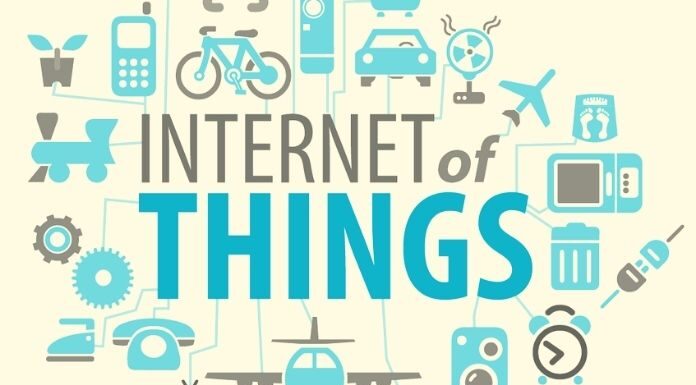Thanks to the Internet of Things (IoT), ideas are worth their weight in gold again because they quickly become a reality. In the past, it was the manufacture and sale of products, today the spectrum of possible services
The IT solution provider in the Internet of Things (IoT) has already been implemented in manufacturing and retail companies. Data and knowledge about a product are now as important as the product itself. Big data opens up completely new service, warranty, and billing models such as machine-as-a-service.
This additional level of added value is made possible by the Internet of Things: When intelligent machines communicate with one another, the classic production line is digitized, and completely new business models are created as additional pillars.
Internet Of Things: On The Way To A Data-Driven Business Model
Everyone knows the classic production chain: a particular product is manufactured in the production line and then sold to customers. The course can be set new in all processes through digitization, and adjusting screws can be tightened to implement more streamlined production with increased efficiency. The Internet of Things makes processes simple that used to be complicated because it significantly expands the radius of action machine-to-machine, machine-to-ERP, and people-to-machine – thanks to IoT, intelligent machines themselves know what they are producing and reporting about it to ERP and employees. The collected data in the form of big data is available for further analyses and applications in artificial intelligence.
But it gets stimulating when you go one step further: With the Internet of Things, the classic business model around the manufacture of a product is expanded to an unprecedented extent. New business models and even new intelligent products open up new sales channels, new sales models, and new target groups.
Internet Of Things (IoT): Machines As A Service, Big Data And Artificial Intelligence
Digitization with IoT turns things upside down. Companies that could only serve wholesalers for a long time are opening up new sales sources through direct-to-customer sales. In addition, they can offer their resources and services to service partners such as workshop-less craftsmen, who can thus offer their customers better and less costly services through access to the production processes via IoT. Added values are created along the entire value chain, which is reflected in improved customer loyalty. This also enables better throughput times or changes to orders directly to the production machine.
Machine-as-a-Service is thus controllable in practice and a lucrative additional business. Anyone who has been making and selling simple products for a long time can now tap into entirely new market segments with intelligent products. These intelligent products generate additional sales with additional services relating to artificial intelligence, such as predictive maintenance or knowledge from the “collected” data.
Internet Of Things: Practical Examples At Manufacturing Companies
Specific use cases in manufacturing companies show how these goals and challenges have been implemented in practice.
Use Case 1: Manufacturing For Wholesalers, Service Partners, And Direct-To-Customers
More and more often, companies that specialize in production are also deciding to take over sales. To serve diverse types of customers such as wholesalers, service partners, and end customers in parallel, Comarca ERP was implemented, which can precisely map such a multidimensional business through an open process architecture and processes all data in real-time. With the connection to Comarca IoT, fully automated production according to customer requirements was also implemented. On the one hand, the direct sales channels bypass the intermediate trade, resulting in margin gains, the positioning as a brand towards the end customer, and on the other hand, the unique selling point compared to competitors speak in favor of this step.
Use Case 2: Sell And Maintain Innovative Products
In the first case, a company kept its products and concentrated on expanding its customer base and expanding the radius to include end customers and service partners. But you can also go the other way and revolutionize your products. With the use of the Industry 4.0 solution Comarca IoT, products were transformed into intelligent products. By using sensors connected to the Internet of Things, the product itself will then know when it needs care or maintenance. There is direct and fully automatic feedback to Comarca ERP Enterprise, which now shows the manufacturer that his service technician has to maintain the product accordingly on site.
Other customer use cases show which goals or challenges were approached with which solutions and which benefits the companies drew from them. So there is no lack of technology, ideas, or examples of successful use. Therefore, as a final word, I dare to predict that manufacturing companies will increasingly position themselves with these new, data-driven models.

